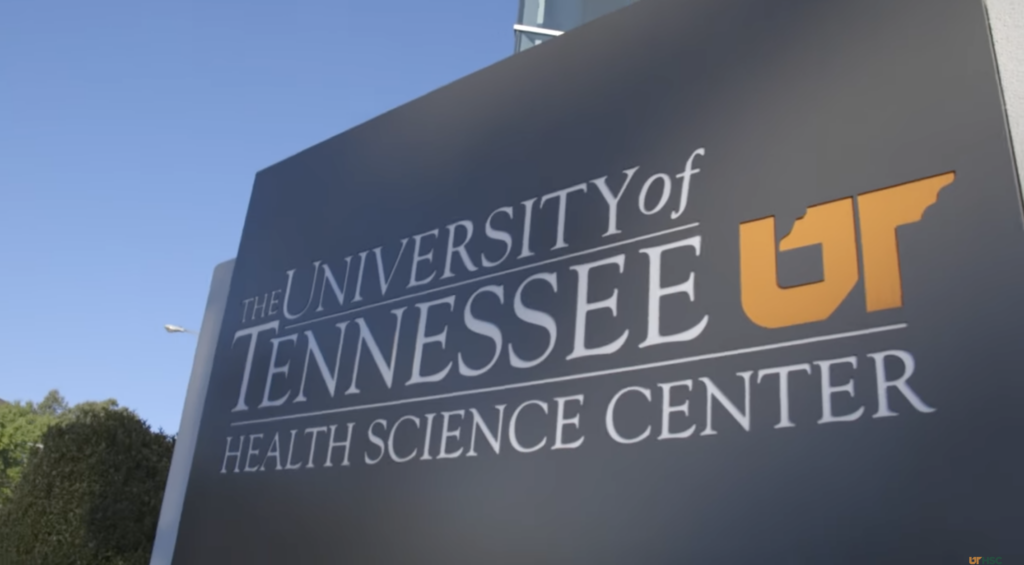
The University of Tennessee Health Science Center is facing a multi-million-dollar budget gap, and administrators say that will likely mean a tuition increase, as well as some cutbacks.
The school’s advisory board is recommending the largest tuition increase in five years at 2.9%. Most of that revenue would go to scholarships — not operations. That’s where the university is struggling.
The problem has been building for several years, according to Vice Chancellor Raaj Kurapati.
“Our estimate of our annual budget gap has been 15 and 16 million,” he said during a budget presentation. “So really, only a small portion of that is actually being used from the tuition increase to address the budget gap.”
He says addressing the gap will likely mean hard decisions on the spending side, such as implementing targeted layoffs, office reorganizations, and a school-wide budget cutback.
Kurupati’s presentation attributed much of the gap to the Tennessee General Assembly, which hasn’t given the school as much money as administrators hoped. He says funding increases aren’t keeping up with cost increases to maintain the medical school and its facilities.
“We did get some operating money, roughly $720,000,” he said. “What we really need is about four or five times that amount. And our goal is to, over time, build that into a formula that’ll allow us to get that annual operating increases supported.”
Board members noted that several costs are higher at medical schools than other universities. For example, medical schools rely less on graduate assistants and others to teach classes. They rely more on higher-salaried faculty.
Researchers at the University of Colorado found that it’s common across the country for public medical schools to struggle financially, and that state funding has been decreasing in many places. It also found that many schools are relying more and more on revenue from clinical services.
WPLN contacted administrators to get more details about the funding gap but was denied. In a written statement, administrators said “communicating externally at this time would be premature and potentially unprofessional to communities,” and that the board will pitch solutions in its May 10 meeting.

